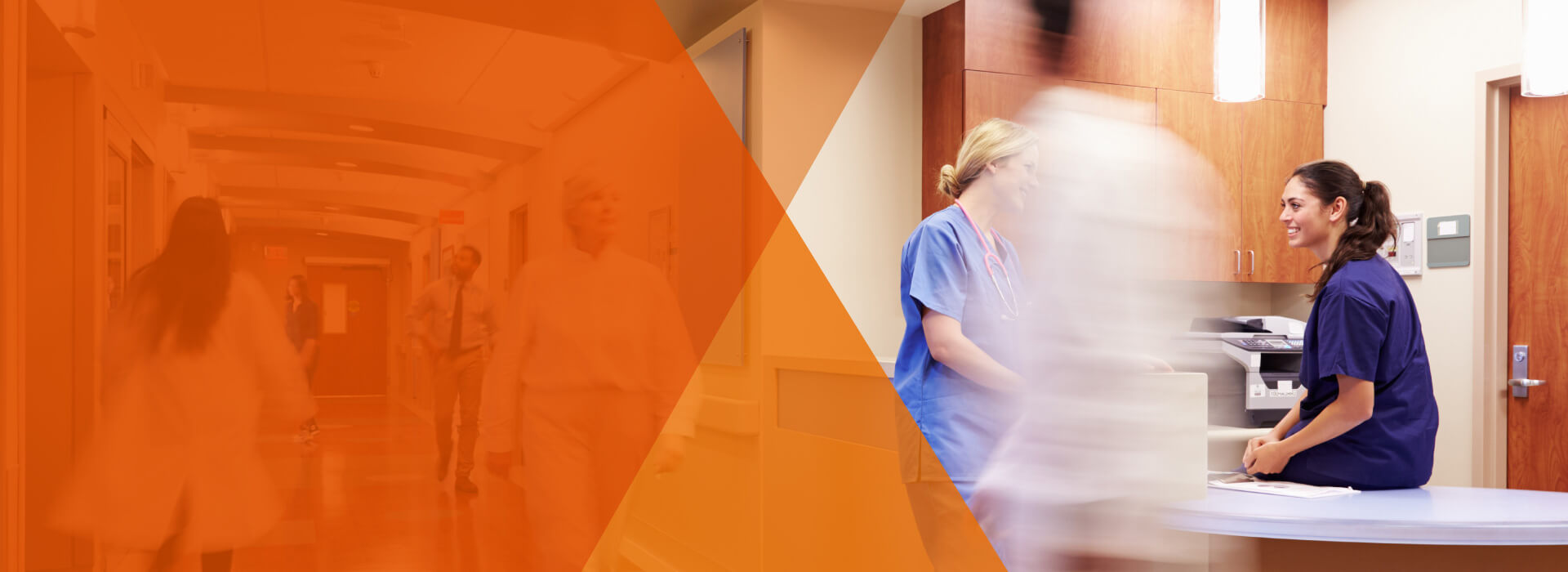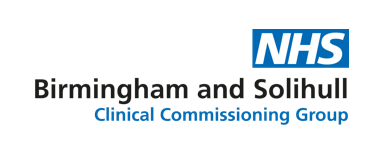Trust, flexibility and clear communication has enabled NEC and the CCG to launch a successful pilot that will shape best practice for GP record scanning in England.
Developing Best Practice
Digitising GP records frees up space, reduces costs, improves security and gives doctors instant access to patient information. Digitisation has not been completed at this scale, so NHS England is looking to issue guidance to help practices get the best results.
The Birmingham and Solihull Integrated Care Board was one of the CCGs asked to help develop this guidance, with funding made available to support the project.
Mariam Iqbal, the CCG’s Digital Transformation Manager and lead on this project, said:
“With more than 1.7m patients and three different types of GP systems in use, we opted to have the records scanned and uploaded straight into those systems. The next step was to find the right partner to help us deliver.”
After a full competitive tender, with the criteria reviewed by the CCG Project Team including information governance and external practice managers who form part of the pilot, as well as clinical, technical and financial leads, NEC was awarded the contract.
Getting it right first time
As the project will inform best practice, it has been planned rigorously from the start. The CCG developed process maps, role-played the impact of records collection on practices, and considered the impact of different methods in all areas including information governance.
To ensure lessons learnt were incorporated as the project moved forward, they opted for a three-phase programme:
Phase 1: testing the process with a set number of practices
Phase 2: extension to ‘fast follower’ sites
Phase 3: offer extends to the remaining practices
Phase one records collection started on 1 September 2020, and more than one million have been scanned so far. The joint team completed phase one and are completing phase two. Now 90 sites have been digitised and nearly 50% of the CCG’s patient population’s records scanned. Despite the challenge of working through Covid-19, the project is expected to complete by July 2022. It will make Birmingham and Solihull one of the first fully-digitised CCGs in England.
Improving all the way
Right from the start, the CCG was prepared with a fixed plan based on the pilot and stakeholder engagement. However, they remained ready to flex to deliver the best possible result provided stakeholders were informed and consulted.
They implemented the barcoding of records and boxes, a more robust system to meet the security requirements. The CCG trialled the barcoding by the practices or by NEC to see what worked best, finding that it was quicker if both practices and NEC did the barcoding and completed a record inventory in one step.
By considering everything from GDPR to system issues and clinical needs, the CCG has
ensured a smooth process for the next set of practices, even producing written guidance to
help them get started. By shredding and then recycling the remaining paper, they’ve also
considered their carbon footprint.
Mariam believes that the strong partnership with NEC has made a big difference: “Right from the start we agreed on open and transparent communications – no silly questions, truthful answers and constant dialogue. That’s been a huge part of our success.


